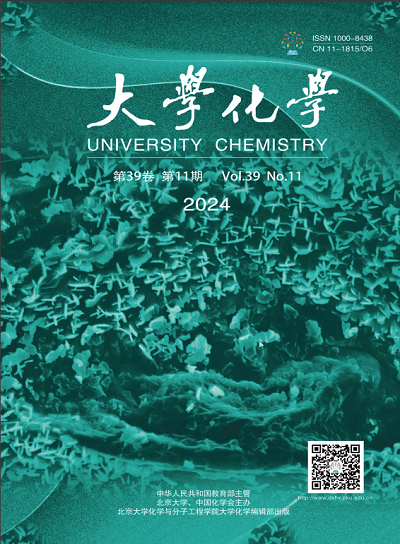Molecularly Imprinted Electrode Prepared by Electropolymerization Method and its Characterization
引用次数: 0
Abstract
: In this experiment, molecularly imprinting polymers (MIP) electrodes with specific recognition ability of bisphenol A (BPA) were prepared by electropolymerization method. O -phenylenediamine was used as the polymeric monomer and BPA as the target molecule. The MIP electrodes were characterized by differential pulse voltammetry and quartz crystal microbalance. Results showed that the electrodes had highly specific recognition ability for BPA. In comparison with the non-imprinting polymers electrode, the recognition ability of MIP was improved by one order of magnitude. 100-fold concentration of atrazine or 17 β -estradiol only altered the signal by one-tenth, indicating high selectivity of BPA-MIP electrode in complex matrix. In addition, this experimental design allows flexible target selection. Therefore, after changing the target molecules, the similar MIP electrode could be also successfully prepared by the same method. This experiment allows students to design experiments by themselves. And students can gain an in-depth understanding of the interaction between molecules, and experience the process of designing materials at the molecular level.电聚合法制备分子印迹电极及其表征
本实验采用电聚合法制备了具有特异性双酚A (BPA)识别能力的分子印迹聚合物(MIP)电极。以邻苯二胺为聚合单体,双酚a为靶分子。采用差分脉冲伏安法和石英晶体微天平对MIP电极进行了表征。结果表明,电极对BPA具有高度特异性的识别能力。与非印迹聚合物电极相比,MIP电极的识别能力提高了一个数量级。100倍浓度的阿特拉津或17 β -雌二醇仅改变了十分之一的信号,表明BPA-MIP电极在复杂基质中的高选择性。此外,该实验设计允许灵活的目标选择。因此,在改变目标分子后,同样的方法也可以成功制备类似的MIP电极。这个实验可以让学生自己设计实验。学生可以深入了解分子之间的相互作用,体验在分子水平上设计材料的过程。
本文章由计算机程序翻译,如有差异,请以英文原文为准。
求助全文
约1分钟内获得全文
求助全文
来源期刊
自引率
0.00%
发文量
5852
期刊介绍:
University Chemistry is an educational research academic journal supervised by the Ministry of Education and co-sponsored by Peking University and the Chinese Chemical Society. It was founded in 1986 and changed to a monthly publication in January 2016. Its purpose is to promote and deepen the reform of university chemistry education and serve to improve the level of chemistry teaching in my country. The main columns are: Today's Chemistry, Teaching Research and Reform, Knowledge Introduction, Chemical Experiments, Teacher-Student Chats, Future Chemists, etc. The journal has been included in many databases such as China Journal Network Full-text Database, Wanfang Database, Taiwan Huayi Database, Chinese Science and Technology Journal Database (Full-text Edition), and American Chemical Abstracts.

 求助内容:
求助内容: 应助结果提醒方式:
应助结果提醒方式:


